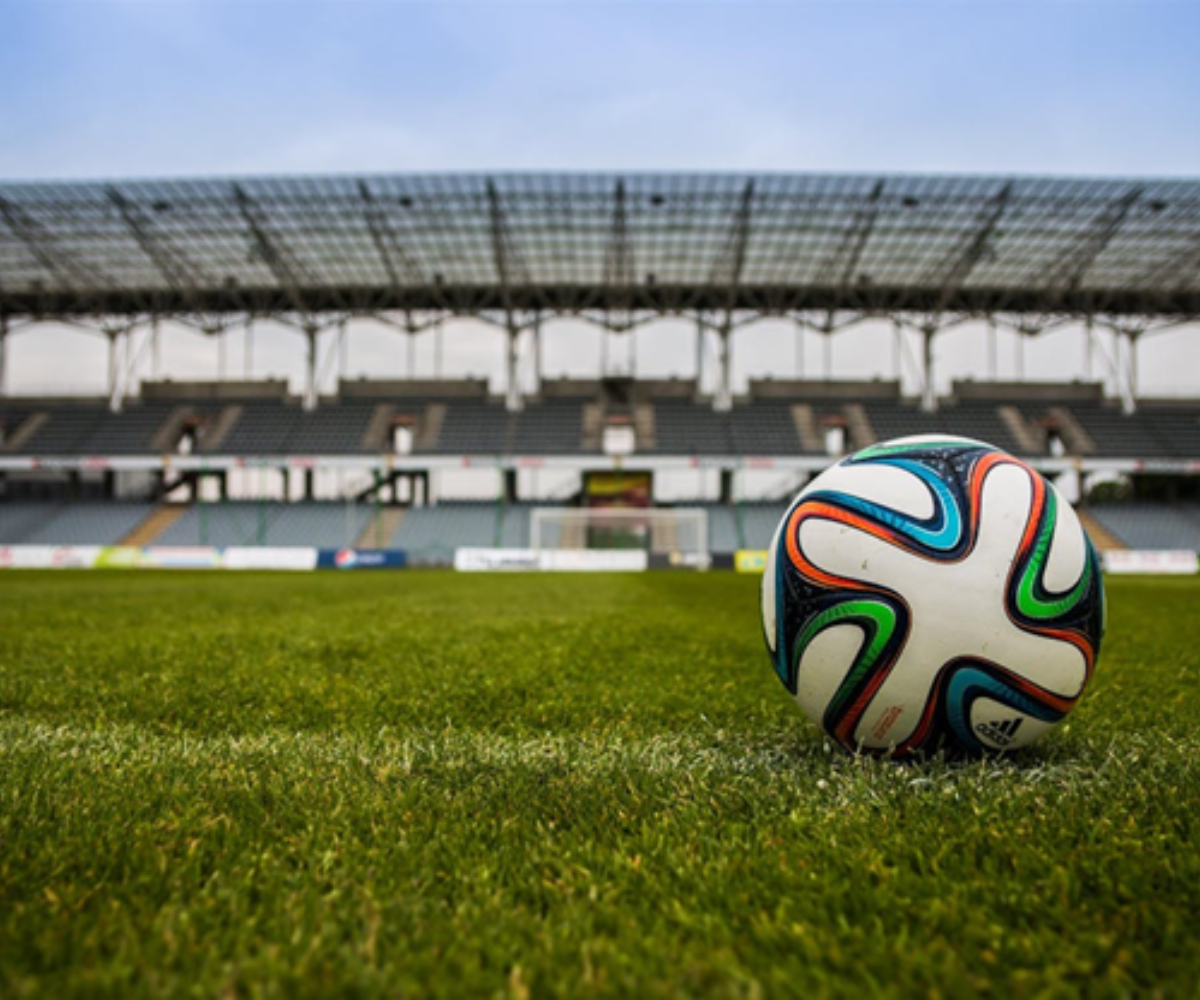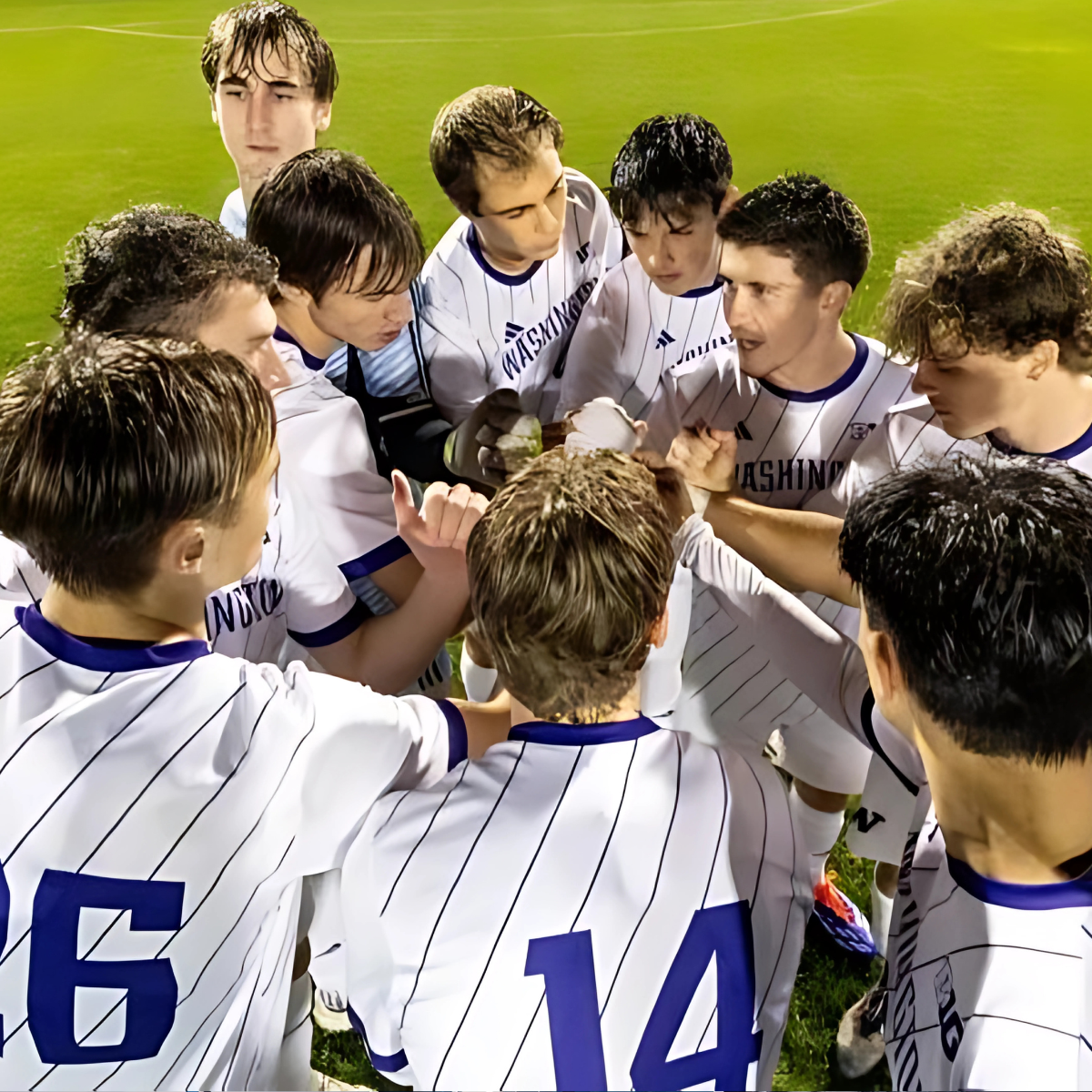What is the Spotlight Effect and How Can Athletes Manage Performance Anxiety?
The spotlight effect is a psychological phenomenon where individuals overestimate how much others notice and judge their actions, appearance, or mistakes. This cognitive bias can lead to heightened self-consciousness and anxiety, particularly in performance situations such as sports. Athletes often experience the spotlight effect, believing that their every move is scrutinized by spectators, coaches, and teammates. Understanding this effect and learning to manage its implications can significantly enhance an athlete's performance and mental well-being.
Understanding the Spotlight Effect
The spotlight effect arises from our innate egocentrism, where we perceive ourselves as the center of our own universe. This perspective leads us to assume that others are equally focused on us, resulting in an inflated sense of self-awareness during social interactions. Research has shown that this effect can contribute to increased anxiety, particularly in high-stakes situations like competitions or public performances.
For example, an athlete may feel that their mistakes—such as a missed shot or a poor performance—are glaringly obvious to everyone watching. In reality, spectators are often more focused on the overall event rather than fixating on any single individual's performance. This misperception can heighten performance anxiety, leading to a cycle of stress and decreased effectiveness.
The Impact of the Spotlight Effect on Athletes
- Increased Anxiety: The belief that one is being closely observed can lead to significant anxiety. Athletes may become preoccupied with how they are perceived rather than concentrating on their performance.
- Self-Doubt: The spotlight effect can amplify feelings of inadequacy. Athletes might worry excessively about being judged negatively, which can undermine their confidence and lead to poorer performance.
- Distraction: When athletes focus on how they are perceived by others, it can distract them from executing their skills effectively. This distraction can result in mistakes that may not occur if they were fully engaged in the task at hand.
- Performance Pressure: The pressure to perform well under the watchful eyes of others can create a fear of failure, which further exacerbates anxiety and may lead to choking under pressure.
Read: How does the concept of flow in different cultures impact athletic performance?
Strategies for Managing Performance Anxiety Related to the Spotlight Effect
Athletes can implement several strategies to mitigate the effects of the spotlight effect and manage performance anxiety:
- Shift Focus: Athletes should concentrate on their own performance rather than external perceptions. Focusing on personal goals, technical execution, and the process of competition can help reduce anxiety associated with being observed.
- Practice Mindfulness: Mindfulness techniques such as deep breathing, meditation, or visualization can help athletes stay present and centered during competitions. By cultivating awareness of their thoughts and feelings without judgment, athletes can reduce the impact of self-consciousness.
- Reframe Thoughts: Challenging negative thoughts related to the spotlight effect is crucial. Athletes should remind themselves that most spectators are not paying as much attention to them as they believe and that mistakes are a natural part of competition.
- Develop Pre-Performance Routines: Establishing consistent routines before competitions can help athletes manage anxiety and create a sense of familiarity. These routines might include warm-up exercises, mental imagery, or positive affirmations that reinforce confidence.
- Seek Support: Engaging with coaches, teammates, or sports psychologists can provide valuable perspectives on managing performance anxiety. Discussing fears openly can normalize these feelings and reduce their intensity.
- Gradual Exposure: Gradually exposing oneself to high-pressure situations in practice settings can help desensitize athletes to performance anxiety. This approach allows them to build confidence in handling scrutiny during actual competitions.
The spotlight effect is a common psychological phenomenon that can significantly impact an athlete's performance by heightening self-consciousness and anxiety. By understanding this effect and employing strategies such as shifting focus, practicing mindfulness, reframing negative thoughts, developing pre-performance routines, seeking support, and engaging in gradual exposure, athletes can effectively manage performance anxiety. Ultimately, reducing the influence of the spotlight effect allows athletes to perform at their best while enjoying their sport without being overly burdened by external judgments.
Read: What is psychological resilience and how can athletes build it?







%20(1200%20%C3%97%20232%20px)%20(9).png)









.png)

